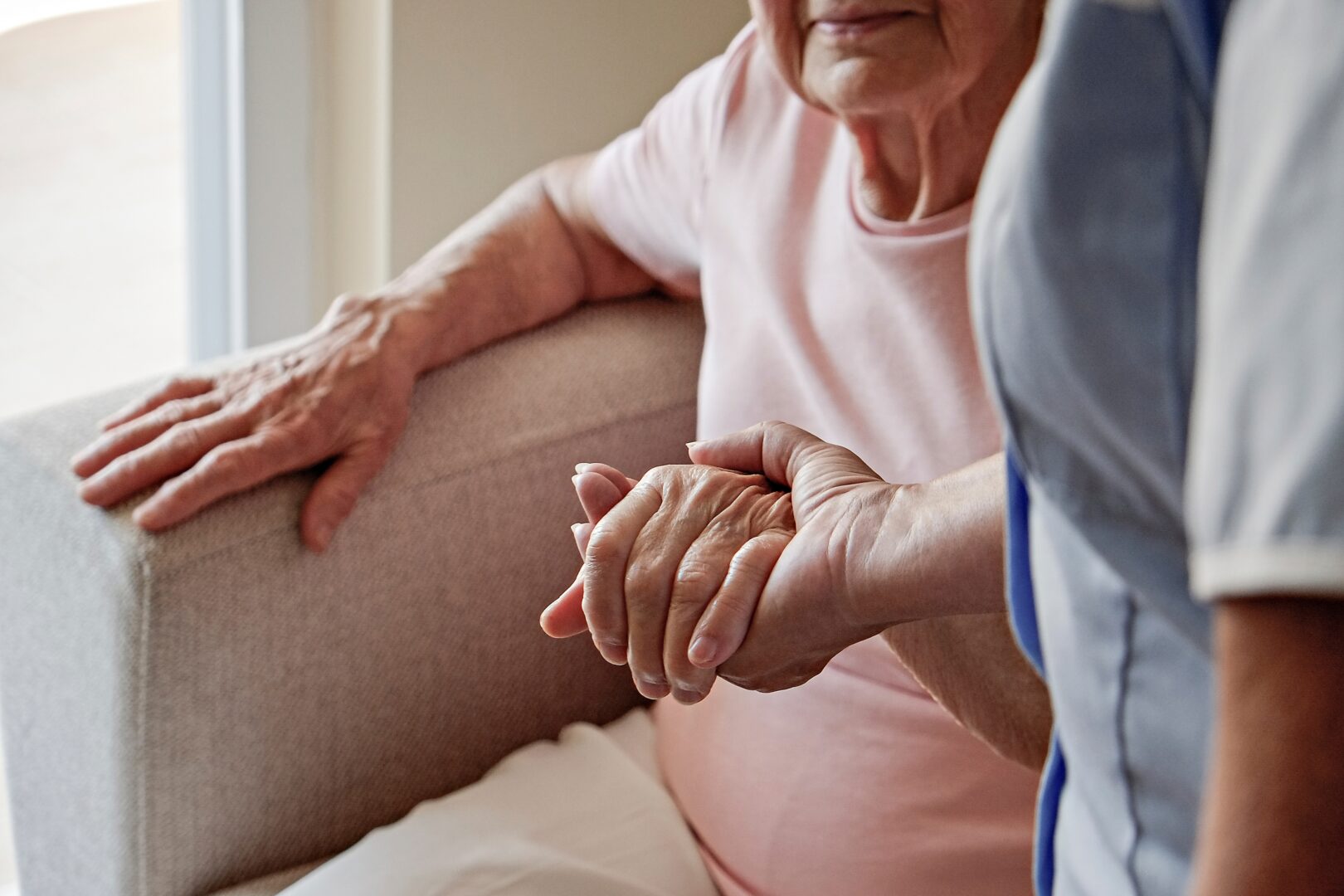Taking care of our elderly loved ones is a responsibility that many of us embrace with open hearts. As time goes by, however, we may start to notice certain signs that indicate our loved ones require additional caregiving support. In this blog, we will explore ten important signs to look out for when it comes to providing elder care. By recognizing these signs early on, we can ensure that our loved ones receive the assistance they need to live a comfortable and fulfilling life.
- Physical Health: One of the first signs that your loved one may need additional caregiving support is a decline in their physical health. Keep an eye out for unexplained weight loss, difficulty walking or moving around, or increased fatigue. These physical changes could be indicators of underlying health issues that require attention and care.
- Cognitive Decline: As we age, cognitive decline becomes more common. Watch for signs such as forgetfulness, confusion, or difficulty concentrating. Your loved one may struggle to recall recent events or may have trouble following familiar routines. If you notice significant changes in their cognitive abilities, it’s essential to seek additional caregiving support.
- Personal Hygiene: A noticeable decline in personal hygiene is another sign that your loved one may require extra assistance. Pay attention to any changes in their grooming habits, such as neglecting to shower, wear clean clothes, or brush their teeth regularly. Maintaining good personal hygiene is crucial for their overall well-being.
- Forgetful Behavior: While occasional forgetfulness is normal, persistent memory loss or repeated instances of forgetful behavior can be cause for concern. Your loved one may forget to take their medications, pay bills on time, or keep track of important appointments. These forgetful behaviors can significantly impact their daily lives and signal the need for additional caregiving support.
- Safety Concerns: Safety should always be a top priority when it comes to elder care. Watch for signs that your loved one is putting themselves at risk, such as leaving appliances on, experiencing frequent falls, or having difficulty navigating their home. Assessing their living environment for potential hazards and considering additional support can help ensure their safety.
- Emotional Changes: Changes in your loved one’s emotional well-being can also indicate a need for additional caregiving support. They may become increasingly withdrawn, irritable, or display signs of depression. Loneliness and feelings of isolation can take a toll on their mental health, making it crucial to provide them with the necessary emotional support and companionship.
- Nutrition Concerns: Maintaining a healthy diet is vital for seniors, and any noticeable changes in your loved one’s eating habits should not be ignored. Look out for sudden weight loss or gain, decreased appetite, or a shift towards consuming unhealthy or unbalanced meals. Malnutrition can lead to various health complications, so seeking support in meal planning and preparation is essential.
- Medication Management: Managing medications can become challenging as we age, especially if multiple prescriptions are involved. If your loved one is struggling to take their medication correctly or forgetting to do so altogether, it’s a sign that additional caregiving support may be required. Consider organizing their medications or seeking assistance from a healthcare professional.
- Difficulty with Daily Tasks: Take notice if your loved one is having difficulty performing everyday tasks that were once effortless for them. This could include dressing, bathing, cooking, or managing household chores. These difficulties may indicate a decline in their functional abilities and suggest the need for extra support.
- Social Withdrawal: Lastly, pay attention to any signs of social withdrawal or decreased participation in activities they once enjoyed. If your loved one is isolating themselves from family, friends, or their community, it can negatively impact their mental and emotional well-being. Encouraging social engagement and exploring opportunities for companionship and interaction is crucial for their overall happiness.
Recognizing the signs that your loved one needs additional elder care support is an act of love and compassion. By being attentive to their physical health, cognitive abilities, personal hygiene, safety, emotional well-being, nutrition, medication management, daily tasks, and social interactions, you can ensure they receive the care they deserve. Remember, seeking assistance does not diminish the love and care you provide; it simply enhances their quality of life and ensures their well-being is prioritized. Together, let’s create a nurturing environment where our loved ones can thrive as they age gracefully.
